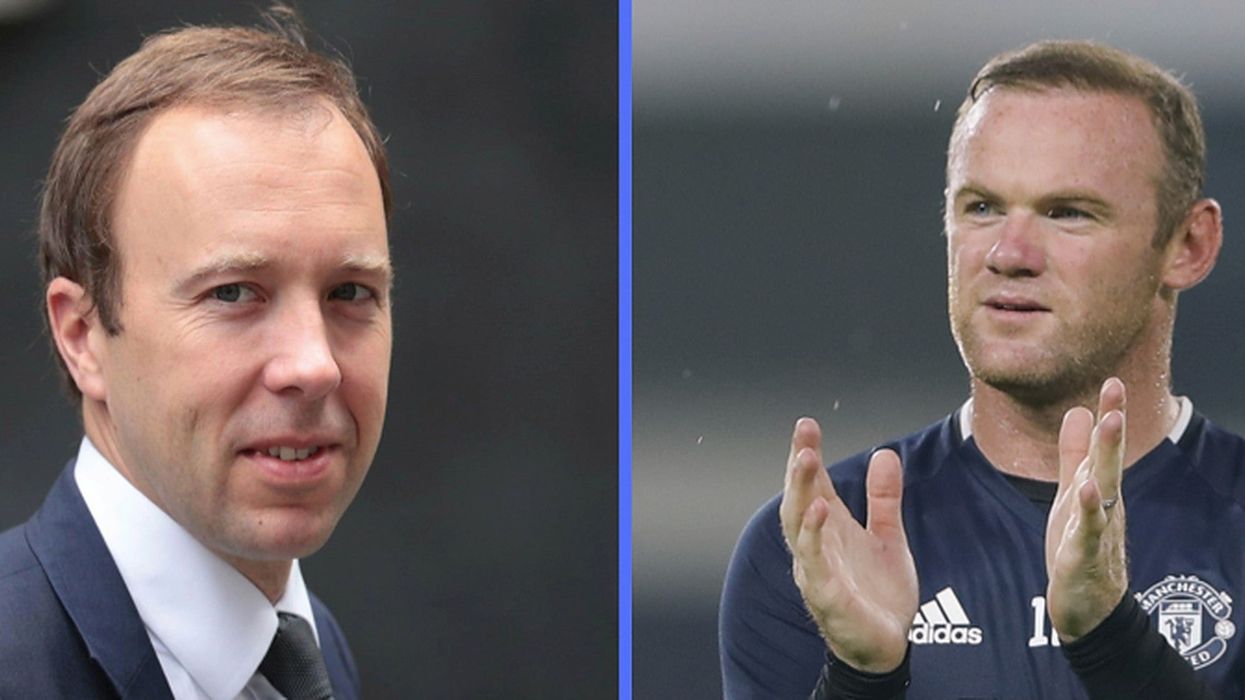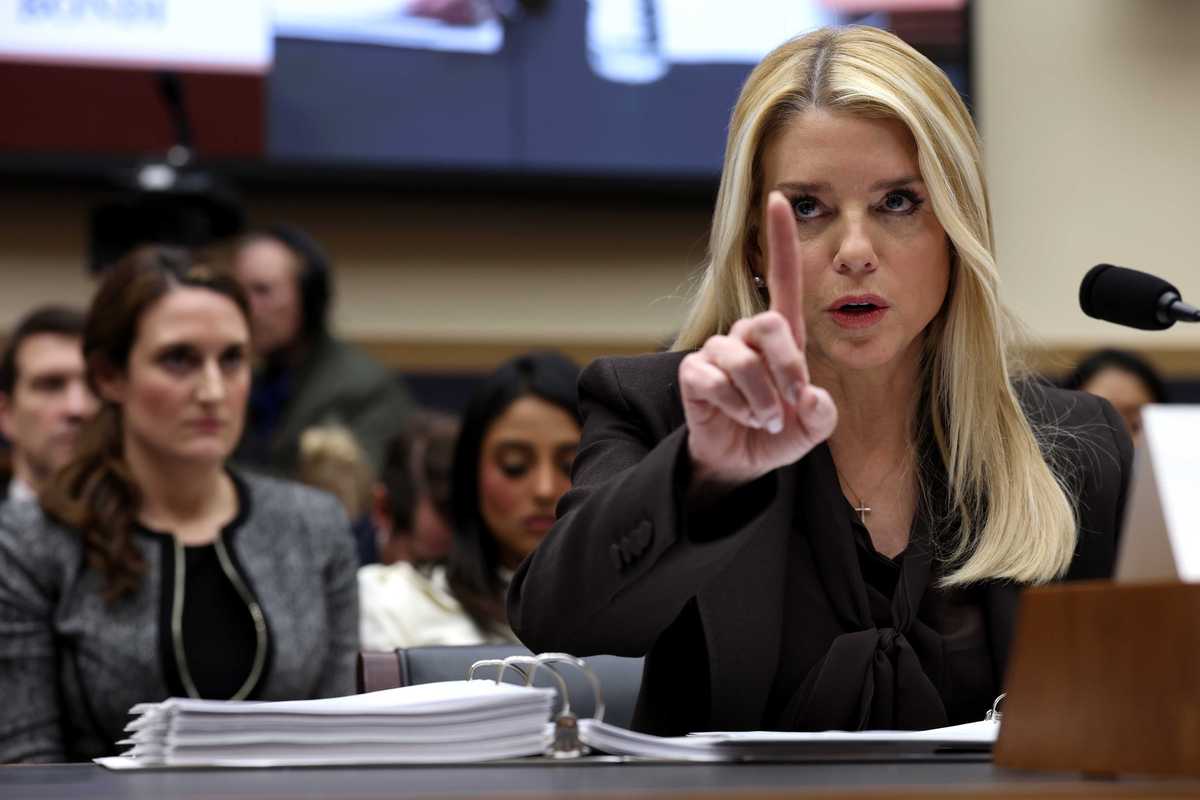Celebrities
Faiza Shaheen
Apr 07, 2020
Covid-19 has sparked conversations about inequality in all sorts of ways: who has access to outdoor space, how families will cope without free school meals and – perhaps unexpectedly – pay cuts for premiership football players.
Teams including Tottenham Hotspur and Newcastle United have been slammed by the media, public and even the Tories (including most prominently Health Secretary Matt Hancock) for furloughing some non-playing staff while not cutting the pay of football players.
As someone who has campaigned on wage inequality for some time, you might think I'd be happy about this backlash.
While I do agree that the behaviour of certain football teams is dire, I think the singling out of footballers reveals something about the cynical way inequality is being weaponised by the right, even in these desperate times.
If we want to think about greed and Covid-19, we should start by thinking about who is profiting. While steps have been taken to limit the ability for global pharmaceutical companies to price-gouge off the back of Covid-19-related medicines and vaccines, it seems no laws or moral imperatives stand in the way of hedge funds.
Somerset Capital Management – in which Jacob Rees-Mogg has a 15 per cent stake – is advertising that coronavirus offers a "once or twice in a generation" opportunity to make "super normal returns." Surely doesn't get more grotesque than that? And while Rees-Mogg is the leader of the House of Commons, there is a notable difference in the few column inches dedicated to him versus the acres of newsprint for football players.
The discrepancy in the finger-pointing prompted footballer Wayne Rooney to hit back. While he made clear that he would indeed be happy to contribute, he also pondered on why it was that Hancock chose to speak about footballers when giving a much-needed update on how the UK is addressing the ongoing Covid-19 crisis.
Why indeed.
The cynics among us might consider that it was a way of diverting attention from the government’s inability to meet testing targets and shortage of protective equipment, or to play the inequality game.
It is as if Hancock’s advisors saw the topic trending on Twitter and knew if he mentioned it he would score some points with an irate public.
While my natural inclination is to side with Rooney over Hancock, there is a valid reason as to why people are so angry. One part of it is the differentiation in treatment of the non-playing staff vs the footballers – but it turns out that while staff are furloughed, the government furlough scheme means most clubs will make up their pay so they won’t lose money.
This brings us to the key reason: the seemingly "greedy" action of football clubs which make huge profits using a government scheme and ordinary taxpayers’ money.
The scheme, it is argued, should be for struggling companies. These weren’t officially the words of the government who made the scheme very flexible with no limit on the fund, but it shows that in the minds of the public there is a strong moral code that needs to be applied during this crisis.
The top of the football pyramid is indeed wealthy, a fact belatedly recognised by Liverpool FC as they reversed their decision to furlough staff after an outcry. But the vast majority are just getting by and some are sinking. The pandemic is likely to bring a later crisis for small-town clubs that are often the heartbeat of the town.
Gary Lineker has pointed out that if the wealthy are going to contribute financially, then let all the wealthy do it – and he's right. Why are we focusing so much on a handful of working-class men who've become rich through football? Many of these players are already generous – indeed many African countries wish for star players as much for their remittances as their goal assists. I smell a hint of class prejudice.
There are others that have ended up on the naughty list during this crisis: Mike Ashley of Sports Direct, Tim Martin of Wetherspoons and billionaire Richard Branson, to name a few.
It seems that more people are waking up to the levels of greed across so many companies that are household names. But inequality is far more complicated than a few bad guys at the top, it is about a system of greed – a system designed by successive governments with business input – individual bad behaviour is a consequence of this system.
If this government thinks a bit of footballer bashing will send the right message and do the trick they are simply not taking inequality seriously.
The crisis threatens to deepen existing inequalities, so we need to plan a new post-pandemic economy where those with the broadest shoulders really do contribute financially, including top players and all top earners.
If we are going to come out of this crisis towards a better Britain we need a robust plan to lower inequality for good rather than just rely on populist narratives to score political points.
Faiza Shaheen is the director of the Centre for Labour and Social Studies and a former Labour Party parliamentary candidate.
Top 100
The Conversation (0)














